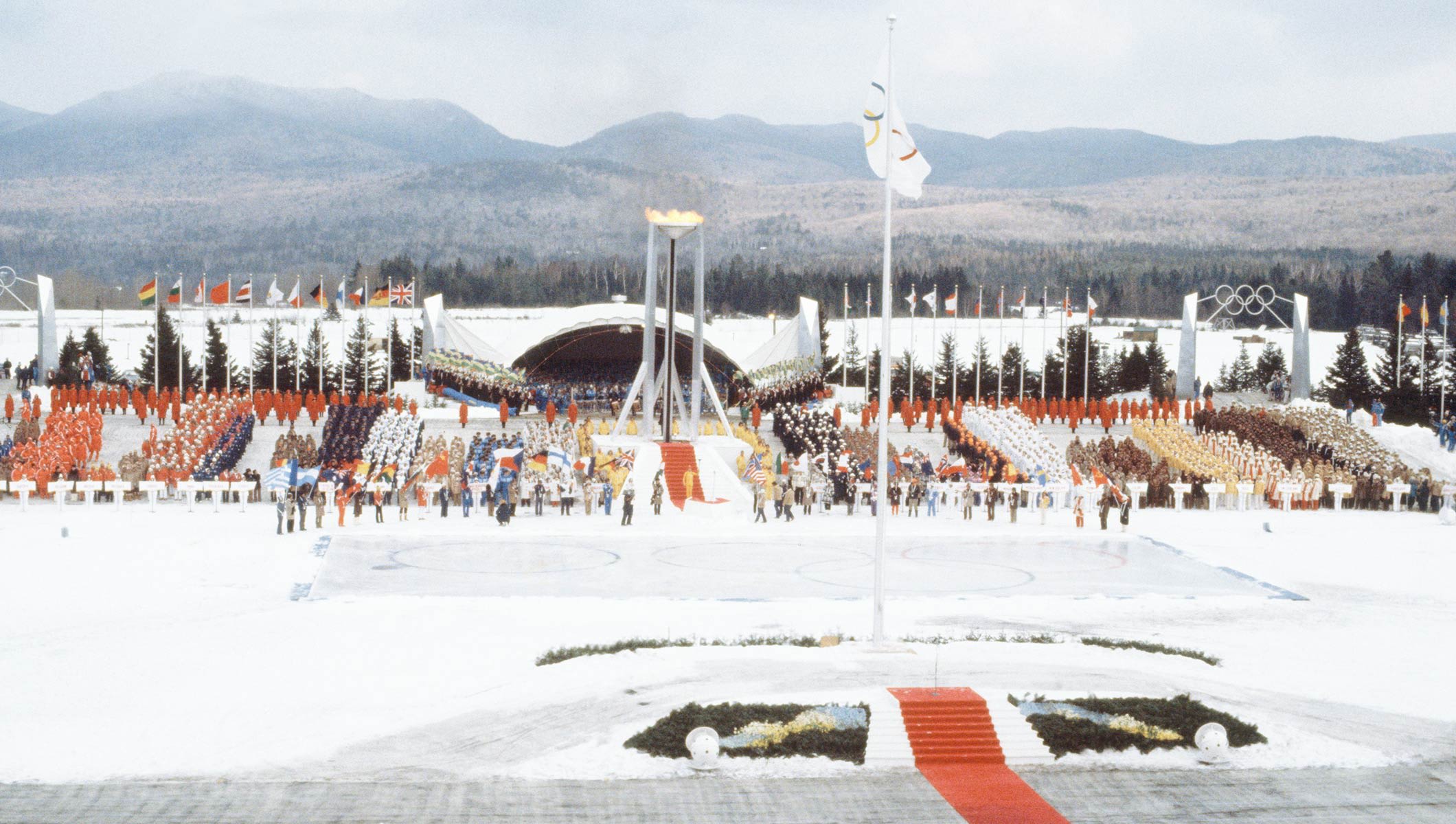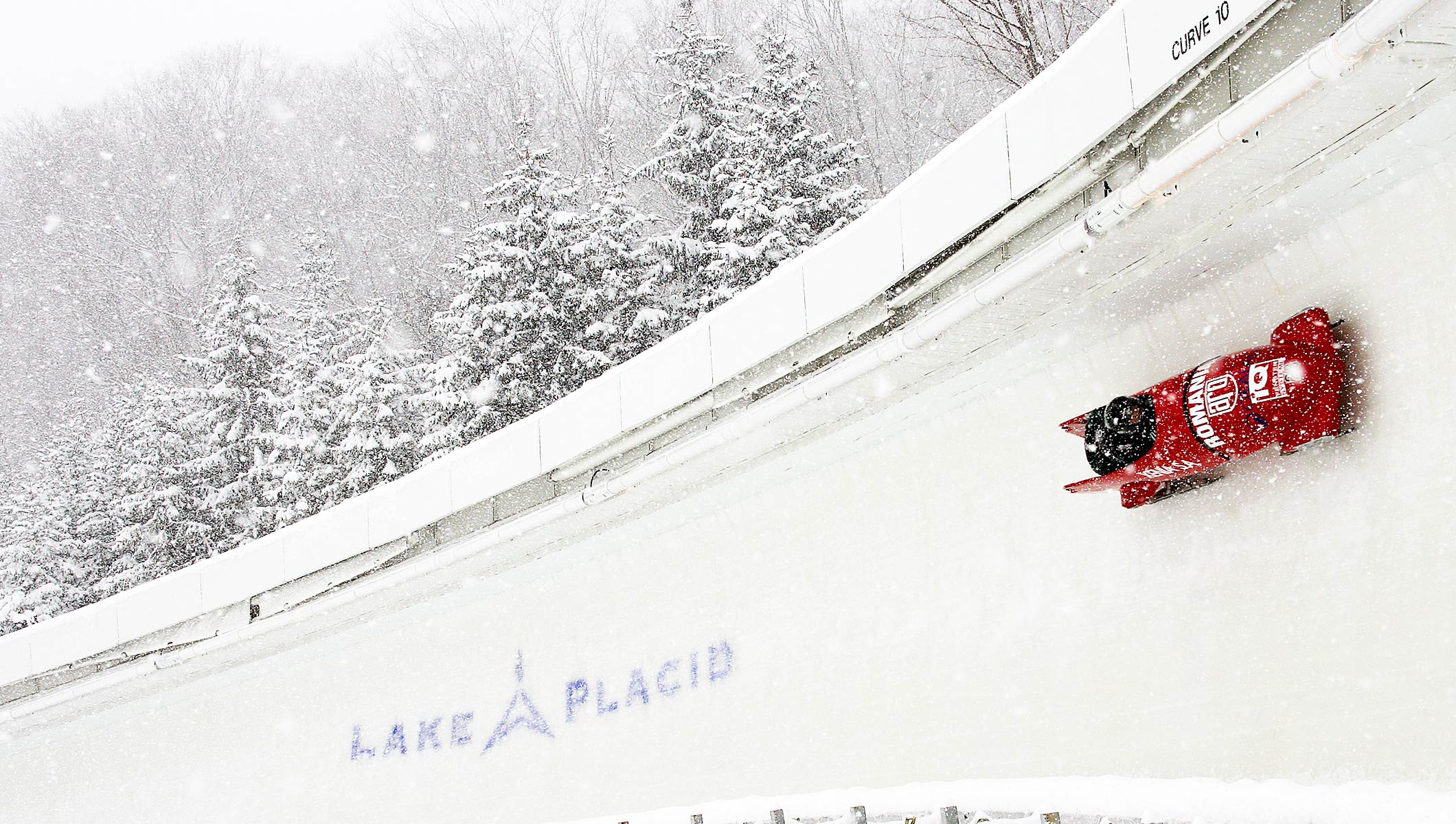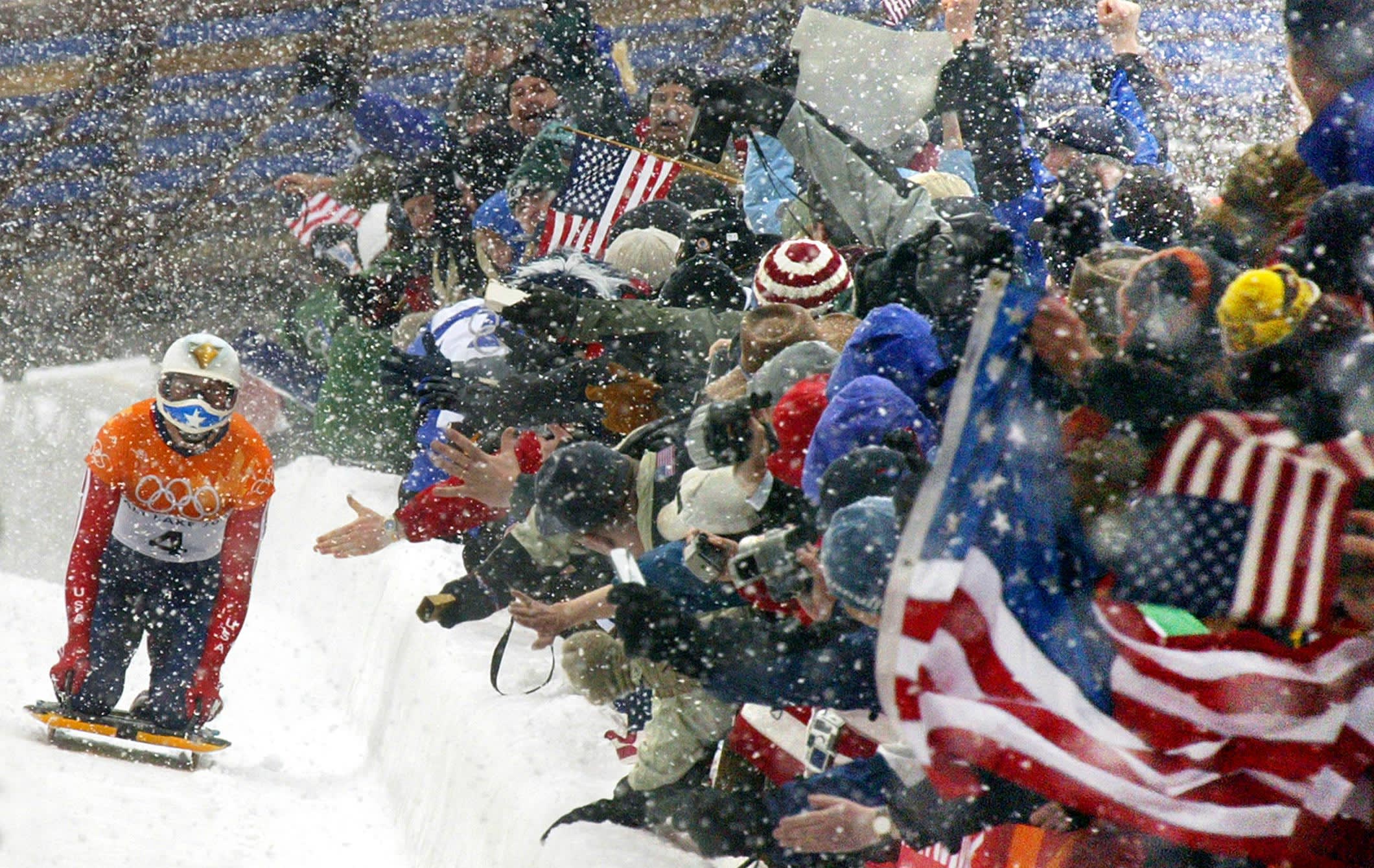Lake Placid celebrates 40 years of Olympic legacy
Exactly 40 years ago, from 13 to 24 February 1980, Lake Placid hosted the Olympic Winter Games for the second time. The Olympic legacy can be seen throughout this mountain village, which has become a training hub for American athletes and has played host to numerous international competitions.
Lake Placid, nestled in the Adirondack Mountains and home to a population of 2,600 people, is undoubtedly Olympic country. Staging the Winter Games in 1932 transformed the village into a winter sports and tourism hub. As it prepares to celebrate the 40th anniversary of the Games, with multiple events to mark each day of that fortnight of sport in 1980, the Olympic legacy is more apparent than ever.
To begin with, there is the Olympic Regional Development Authority (ORDA), which was created in 1982 to manage a number of Olympic venues and has served as a major economic driver for Lake Placid and the region in general. It is largely thanks to the ORDA that all the Olympic competition venues have remained open, and that they continue to host local, national and international tournaments and welcome local athletes and teams, as well as tourists
Over the past 40 years, other legacy initiatives have included the construction of the Olympic Training Center in 1995; the construction of a combined bobsleigh, luge and skeleton track in 2000; improvements at Whiteface Mountain, including the addition of a high-speed gondola; and, most recently, the construction of the Lake Placid Conference Center – a state-of-the-art meeting facility that opened in 2011.

The Lake Placid Olympic Training Center (LPOTC), meanwhile, is a 96-bed facility where American athletes can train full time and take advantage of sports science services, tailored specifically to help them reach their full potential.
Besides the Olympic complex, the LPOTC has attracted athletes from all parts of the country and representing almost all winter sports, helping them progress and improve their results. As the headquarters of the Sports Science Division of the United States Olympic and Paralympic Committee (USOPC), the LPOTC has seen numerous sports science and medicine innovations. Current innovations include the use of video to analyse the biomechanical aspects of sporting performances.

The effectiveness of the complex cannot be underestimated. For example, out of the 28 American Olympic medallists at the Olympic Winter Games Sochi 2014, 10 were living and training at the facility. In fact, since the 1980 Games, Lake Placid has not rested on its laurels, sending Olympians to every subsequent edition of the Winter Olympics.
Lake Placid also boasts its own Olympic Museum, filled with items from past Winter Games – including uniforms worn at Opening Ceremonies, torches from several different editions and the skating costumes worn by triple Olympic champion Sonja Henie – and featuring a full display and video on the famous “Miracle on Ice” at the 1980 ice hockey tournament.
In short, a truly impressive collection of artefacts from the Olympic Winter Games 1932 and 1980.
"You know, Willie Wonka said it best: we are the makers of dreams, the dreamers of dreams." -Herb Brooks
— Lake Placid (@LakePlacidAdk) February 11, 2020
Dream on kids, the future is yours. The Olympic legacy continues in #LakePlacid. #OlympicLegacyLP #Adirondacks #AdksUSA #hockey #USA #LakePlacidADK pic.twitter.com/OlWbnoChdm
Anyone can spend their free time enjoying the facilities in Lake Placid, which occupies a special place at the very heart of US Olympic history. Among the most notable sporting names to have graced the village are the Shea family. Jack Shea was a speed skating double gold medallist in 1932 and worked to promote the Lake Placid candidature for the 1980 Winter Games, while his son, Jim Shea Sr, competed at the 1964 Games in Nordic combined and cross-county skiing, before becoming the national team’s biathlon coach for the Sapporo Games in 1972. Finally, Jack’s grandson, Jim Shea Jr, was crowned Olympic champion in skeleton at Salt Lake City 2002.

The facilities in Lake Placid have continued to improve the local economy, with tourism more than doubling since 1980 according to the Regional Office of Sustainable Tourism.
Since the 1980 Games, Lake Placid has hosted numerous World Championships and World Cup events, as well as national and continental competitions in all winter sports, with hundreds of volunteers ensuring that the events run smoothly, season after season, in this most Olympic of villages. Forty years on, Lake Placid continues to highlight the long-term positive impact that hosting the Olympic Winter Games can have.